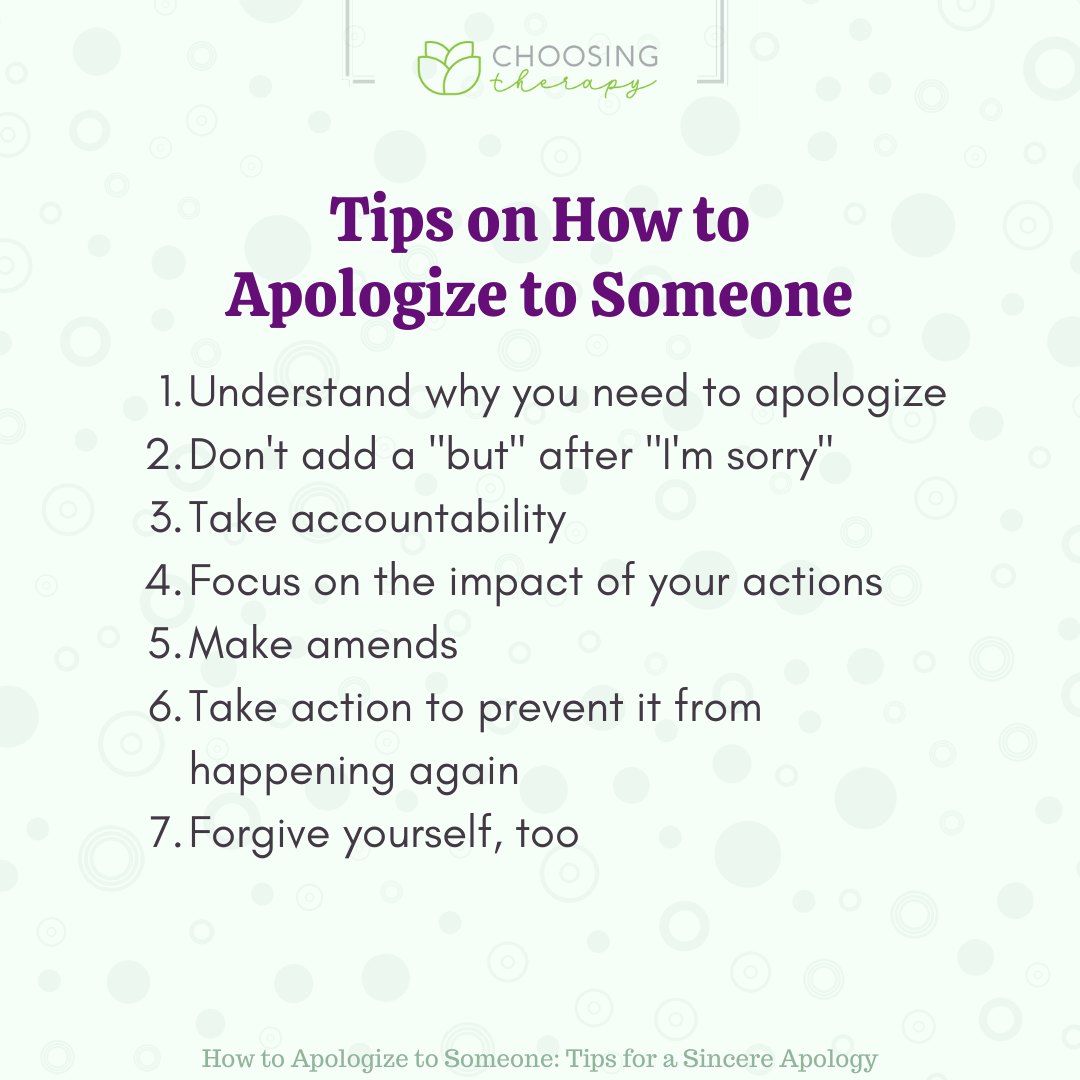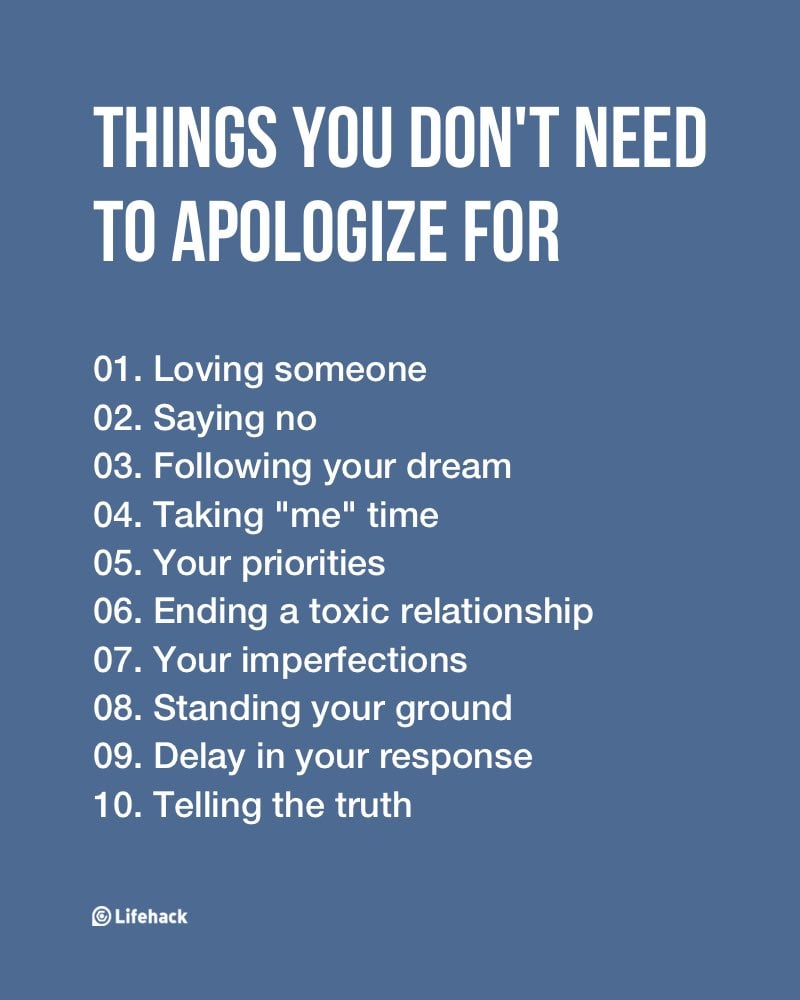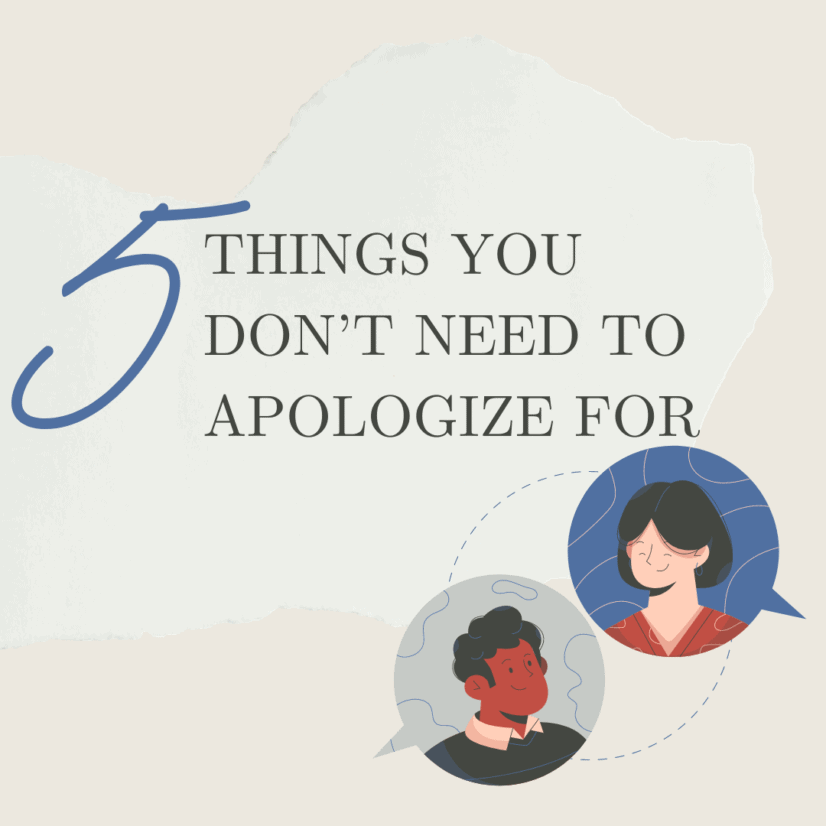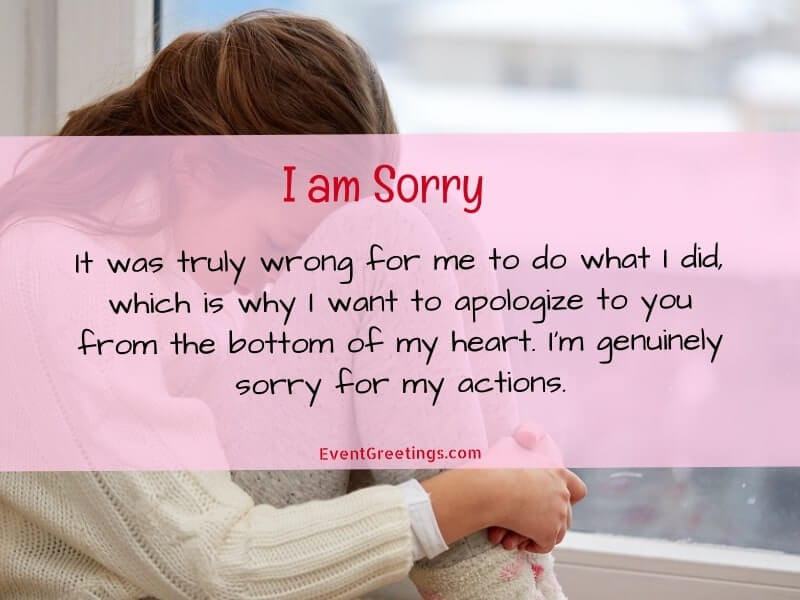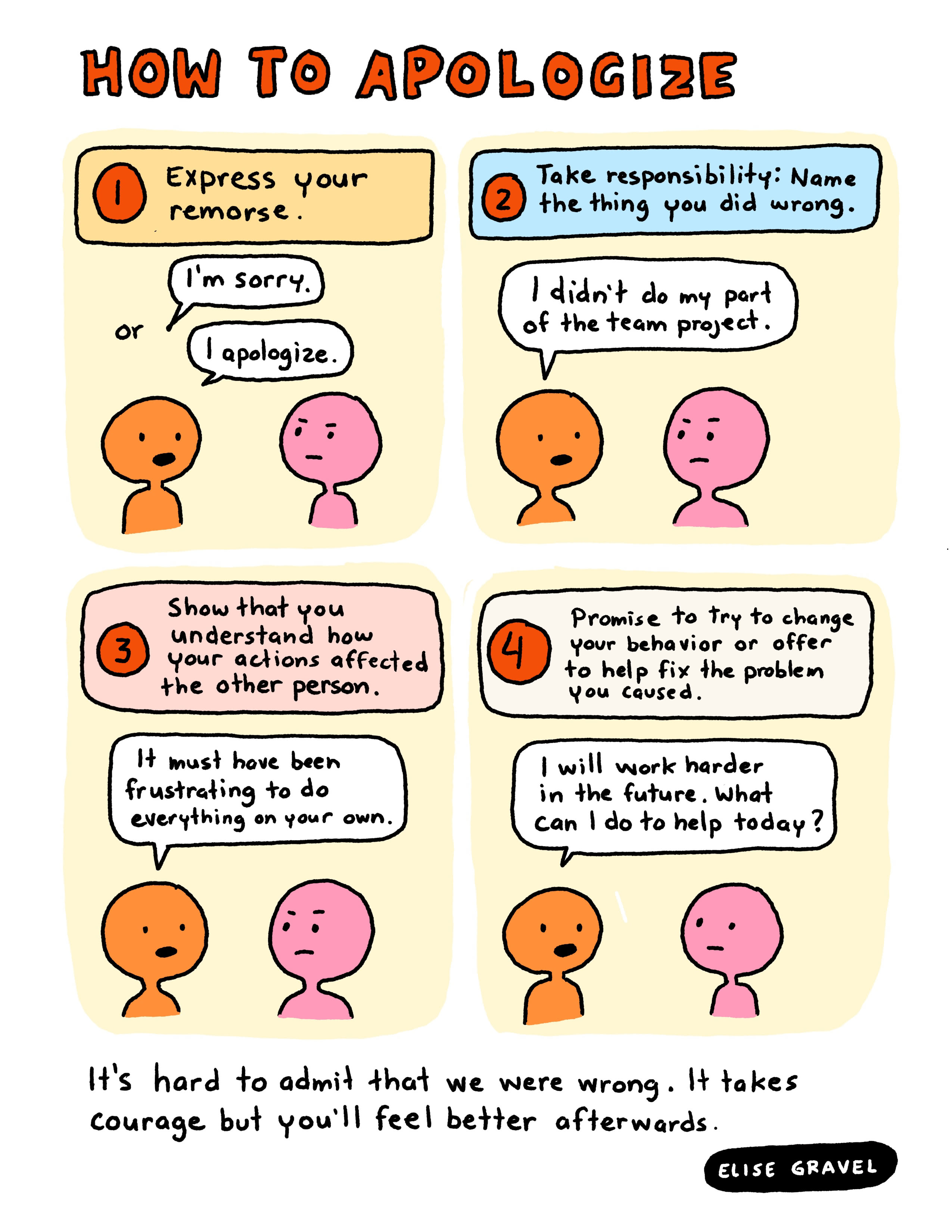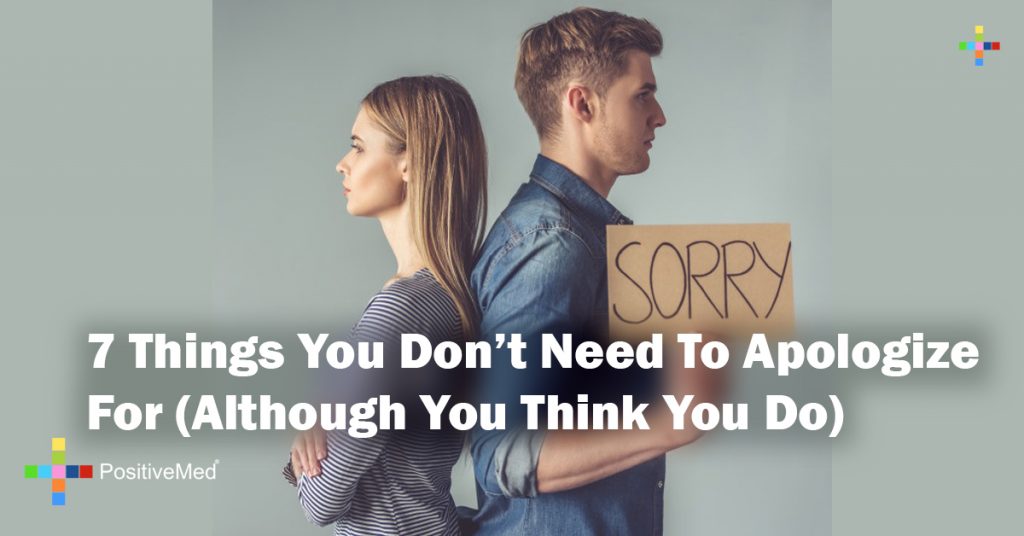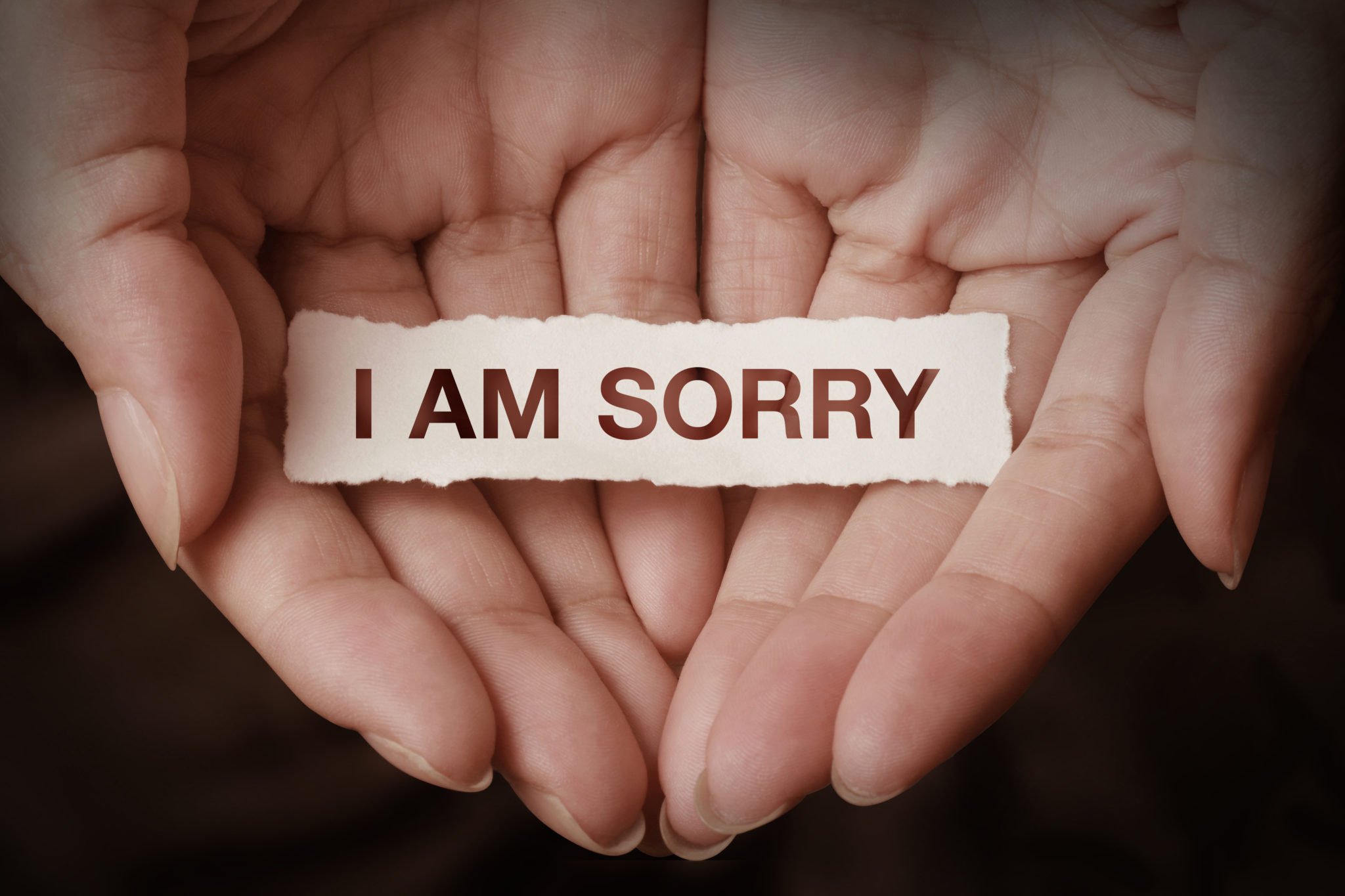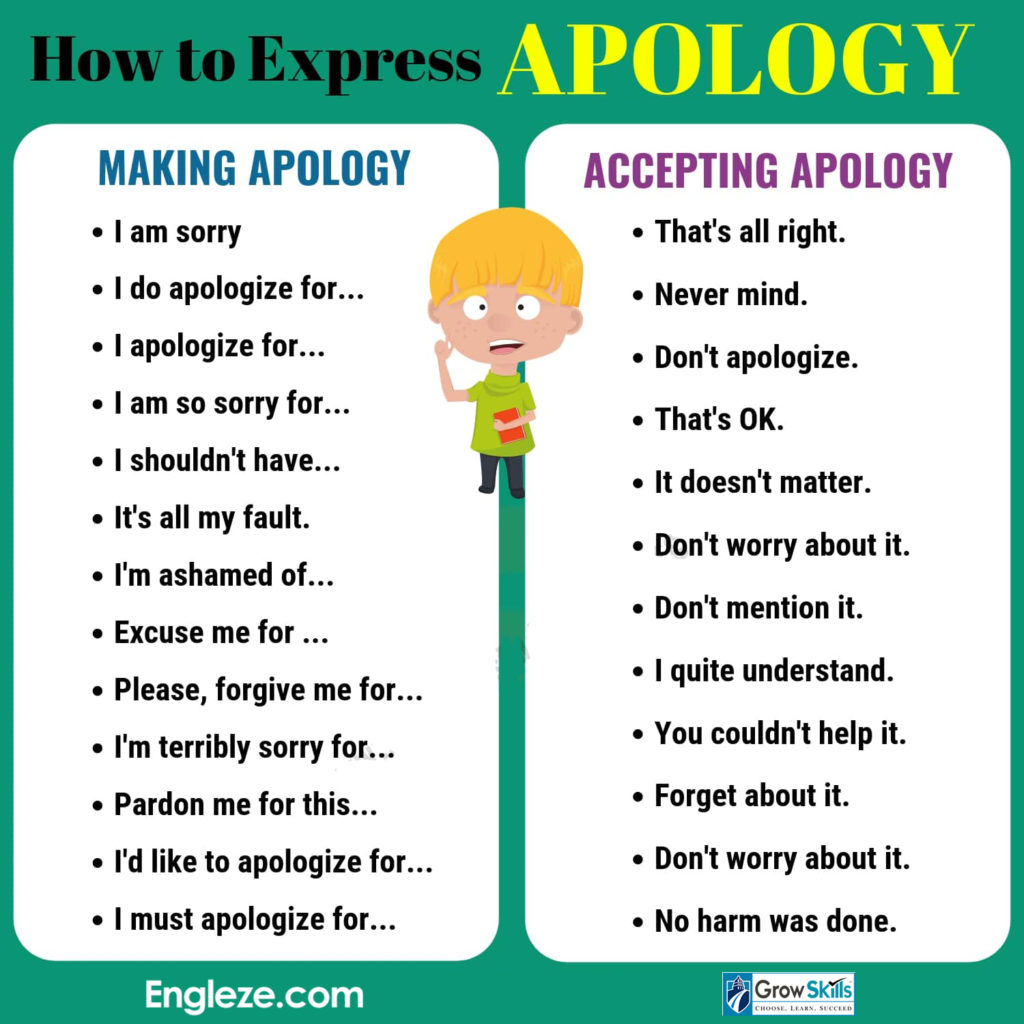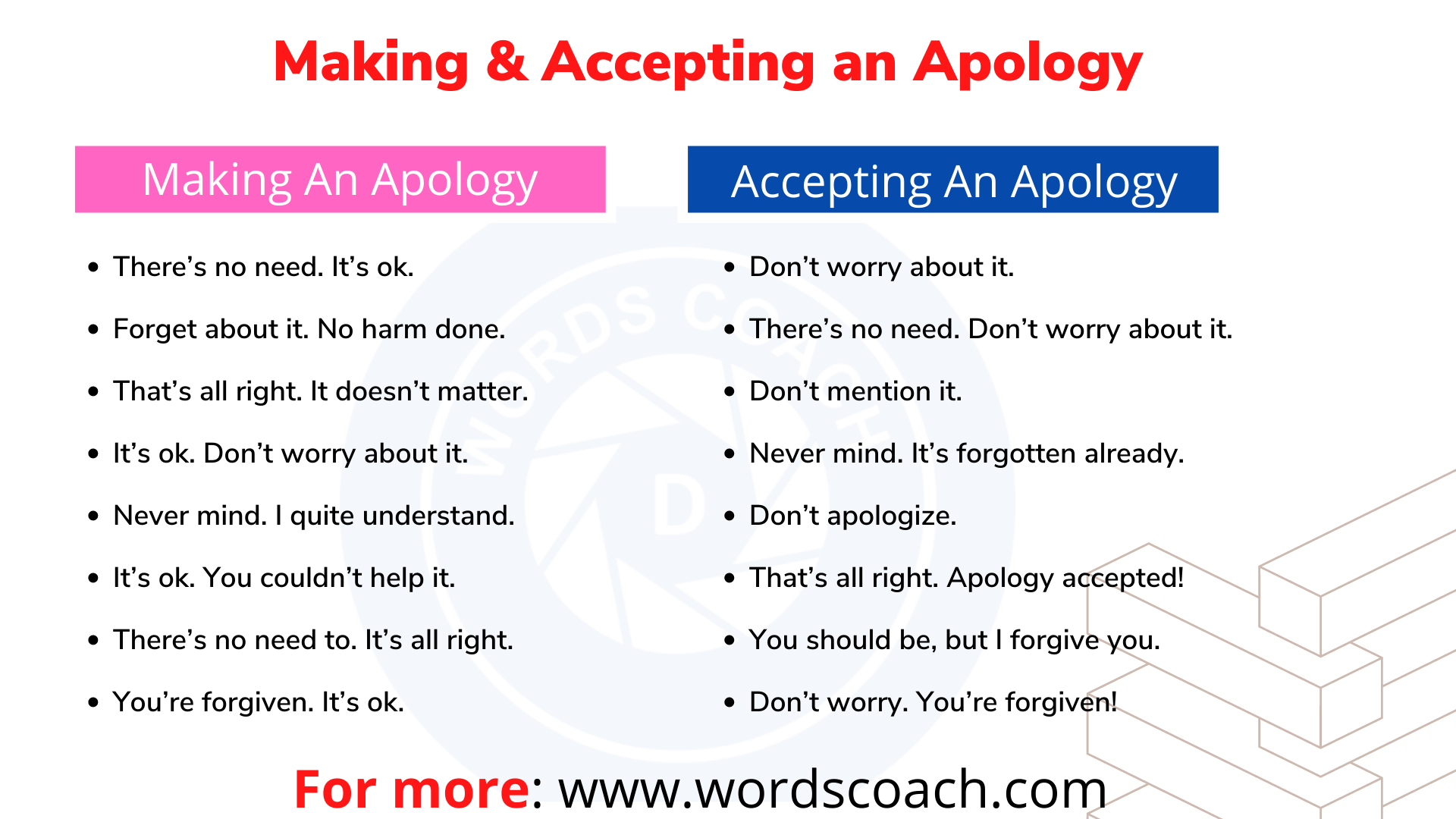How To Apologize When You Don't Want To

In professional settings, personal relationships, and even casual encounters, the need to apologize arises frequently. However, offering a sincere apology can be particularly challenging when one does not believe they are at fault. Navigating this complex situation requires a delicate balance of emotional intelligence and strategic communication.
At the heart of this issue lies a fundamental conflict: the desire to maintain one's self-perception and the need to preserve relationships. When faced with the task of apologizing when you believe you're not wrong, understanding the underlying dynamics of conflict, empathy, and effective communication becomes paramount.
Understanding the Reluctance to Apologize
The reluctance to apologize often stems from a variety of psychological and emotional factors. Ego plays a significant role. Admitting wrongdoing can be perceived as a threat to one's self-esteem and sense of authority, according to studies in social psychology.
Fear of vulnerability is another major contributor. Apologizing may feel like exposing weakness, potentially opening oneself up to criticism or manipulation. Furthermore, individuals may struggle with the concept of responsibility, attributing blame to external circumstances or other people's actions.
The Impact of Apologies (and Lack Thereof)
Research consistently demonstrates the significant impact of apologies on interpersonal relationships and conflict resolution. A sincere apology can de-escalate tense situations, rebuild trust, and strengthen bonds. Conversely, a refusal to apologize, or a poorly executed apology, can exacerbate conflict, damage relationships, and lead to long-term resentment.
According to a study published in the Journal of Applied Psychology, individuals who offer sincere apologies are often perceived as more trustworthy and competent. This is especially true in professional contexts, where effective communication is crucial for team cohesion and productivity. Failure to apologize when warranted can lead to decreased morale, increased conflict, and ultimately, negative outcomes for the organization.
Strategies for Apologizing When You Don't Believe You're Wrong
Offering a sincere apology when you don't believe you're at fault requires a shift in perspective. Focus on acknowledging the other person's feelings and validating their experience. Even if you don't agree with their interpretation of events, you can still acknowledge that they are hurt or upset.
Empathy is key. Try to understand the situation from their point of view. Asking clarifying questions can help you gain a better understanding of their perspective and identify areas where you can express empathy. For example, instead of saying "I don't think I did anything wrong," try "I understand that my actions made you feel [emotion], and I'm sorry for that."
Focus on taking responsibility for your contribution to the situation. Even if you don't believe you are entirely at fault, there may be aspects of your behavior that you can acknowledge and apologize for. This demonstrates a willingness to take ownership of your actions and a commitment to repairing the relationship.
Crafting an Effective Apology
An effective apology typically includes several key elements. First, express remorse and regret. Use phrases like "I'm sorry" or "I regret." This conveys that you understand the impact of your actions and are genuinely concerned about the other person's feelings.
Next, acknowledge the specific harm caused. Avoid vague or generic apologies. Be specific about what you are apologizing for. Explain what you will do to prevent similar situations from happening in the future. This shows that you are taking steps to learn from the experience and are committed to making amends.
Finally, offer to make amends. This could involve offering to repair any damage caused, providing support, or simply listening to the other person's concerns. Avoid adding qualifiers or justifications to your apology. Adding phrases like "but" or "if" can undermine the sincerity of your apology and make it sound insincere.
"An insincere apology is often worse than no apology at all."
The Importance of Forgiveness
While offering an apology is crucial, forgiveness is equally important for healing and moving forward. Forgiveness is a process that involves releasing resentment and choosing to let go of the hurt caused by another person's actions. It is not about condoning the behavior, but rather about freeing yourself from the burden of anger and bitterness.
According to the Greater Good Science Center at the University of California, Berkeley, forgiveness has been shown to have numerous benefits for both physical and mental health. It can reduce stress, lower blood pressure, and improve overall well-being. Choosing to forgive, even when it is difficult, can pave the way for healthier relationships and a more peaceful life.
Looking Ahead: Building Stronger Relationships
Ultimately, learning to apologize effectively, even when you don't want to, is an investment in building stronger and more resilient relationships. By developing your emotional intelligence, practicing empathy, and mastering the art of sincere communication, you can navigate difficult conversations with greater ease and foster deeper connections with others. This proactive approach can contribute to a more harmonious personal and professional life.


